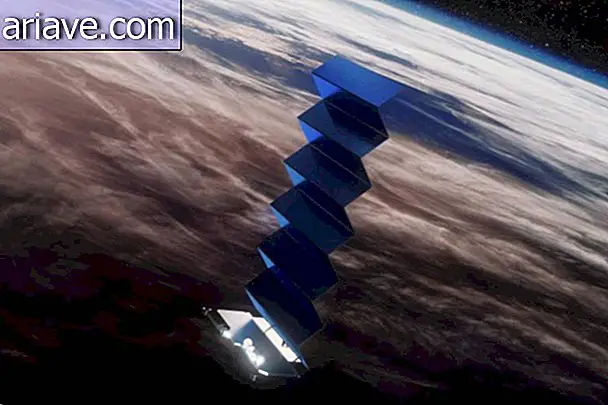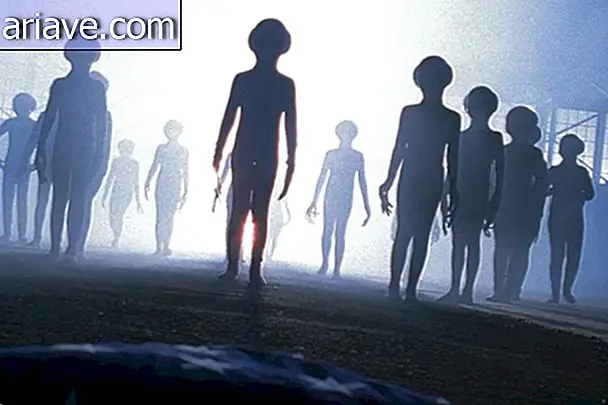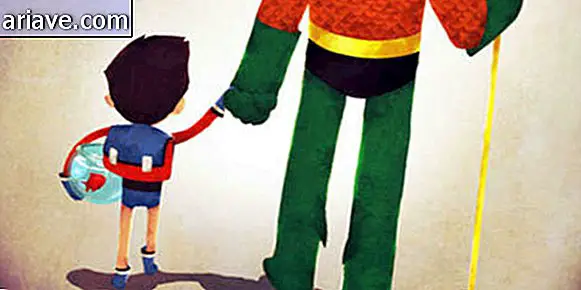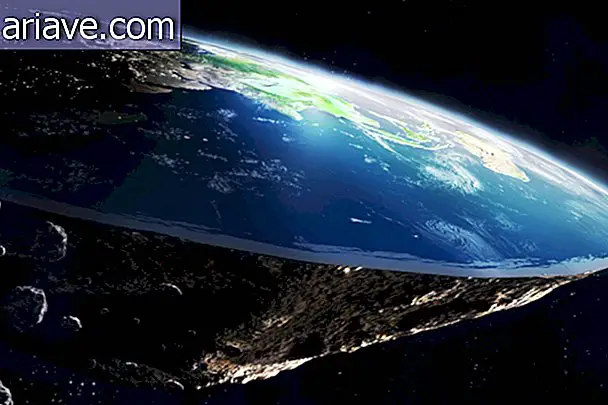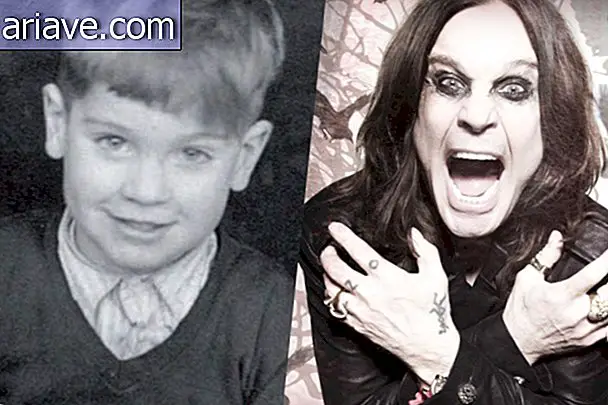How can isolation and loneliness affect humans?
For some time now, space agencies have been considering sending manned missions to Mars. For beyond all the technical challenges such an endeavor entails, one of the main concerns is how astronauts would survive long periods of time living with solitude and confined in their spaceships.
Julie Beck of The Atlantic has compiled several studies with very interesting - and disturbing - results on how isolation and lack of sunlight can affect the human body. One such experiment, for example, was conducted with the pair of cave explorers Josie Laures and Antoine Senni, who stayed for 88 days and 126 days, respectively, inside underground cavities.
Buried
According to Julie, the explorers were installed in separate caves and had their vital signs monitored by teams of scientists who were "camped" on the surface. During the period in which Laures and Senni were confined, they maintained contact with the researchers, but received no information indicating the passage of time, whether it was day or night.

Scientists noted that the explorers lost track of time, and when they surfaced, they both thought they had remained in the caves for much less time than they actually spent confined. In addition, one of the experiment participants slept at intervals of up to 30 straight hours, believing that the "hibernation" period was just a quick nap.
After the underground stay, the explorers revealed that the experiment was much more difficult than they had anticipated and that by the end of the experiment they felt terribly tired - physically and mentally. According to Julie, experiments have shown that without daylight to guide, humans seem to lose track of when to sleep, as well as the passage of days and weeks.
Other research has shown that long periods of isolation, in addition to affecting sleep patterns, can also lead to declining mental performance, hallucinations and anxiety. Still, studies have revealed that loneliness and mental fatigue caused by lack of company are the biggest challenges for those who need to spend a lot of time alone.
Cryogenic Hibernation
Clearly, staying in caves for a few months is quite different from spending more than a year locked inside a spacecraft bound for Mars. However, as Julie pointed out, the two situations have their similarities there. Apparently, lacking in what to do when boredom sets in, it is not uncommon for people to fall asleep - and these periods can last up to 48 hours.
Therefore, one idea, at least in the case of space missions, would be to take advantage of our natural inclination to “hibernate” to develop cryogenic systems that allow astronauts to sleep for much of the trip and thus get around the suffering of isolation. and for the deprivation of light. This will require numerous studies, but the option looks promising, don't you think?
* Posted on 11/23/2015
